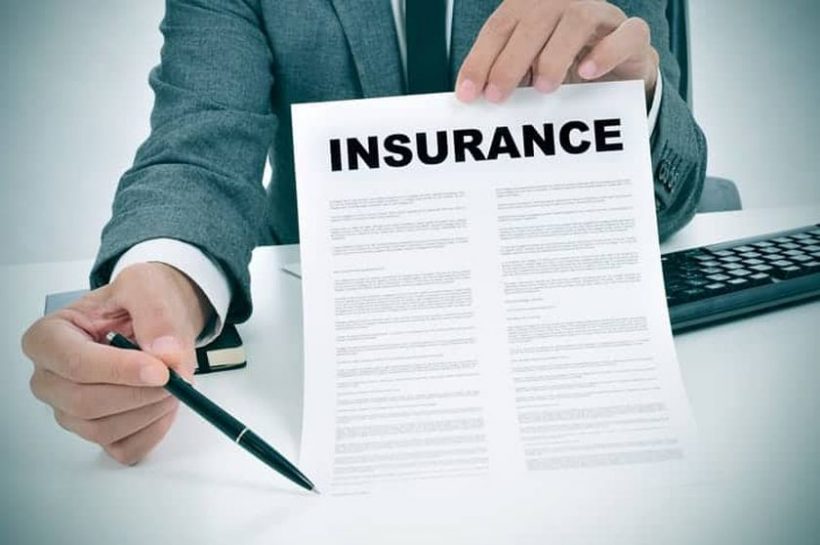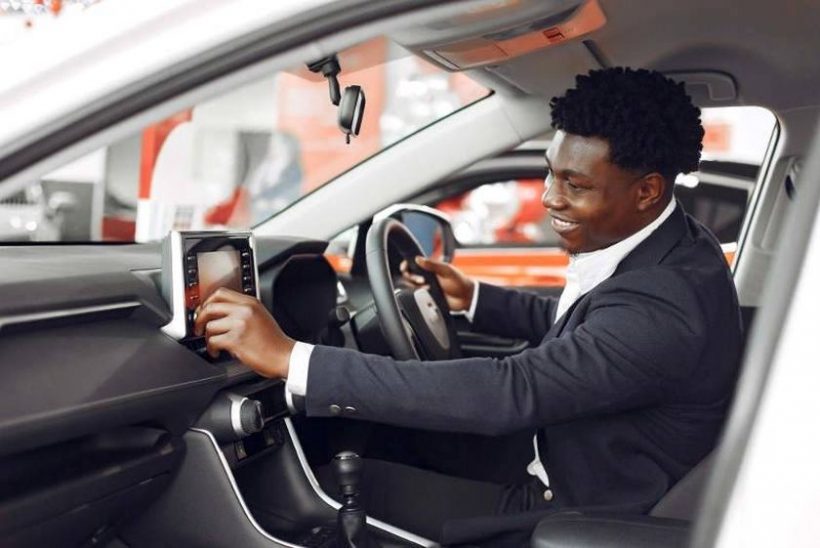Buying your first car is a major leap you’re going to make in your life. Next to your home, your vehicle is probably going to be the second most expensive asset you’ll own. If you’re like most buyers, you may have had to save up a great deal to even get to your down payment. Without a doubt, it’s exciting to have, but it’s also daunting with all of the decisions you’re going to make.
As a first-time buyer, don’t let your emotions and excitement get the best of you. Before you even head out to various dealers to shop and look at your various options, it’s important that you’ve already gone through proper research. Your first car shouldn’t be a regrettable purchase as it should be one that’ll last you through many years of usage before you feel compelled to buy another.
If you’re going to buy soon, here are some of the most common mistakes you want to avoid:
1. Not Looking Around Enough

There’s no such thing as ‘love at first sight’ when you’re buying something as expensive as a car. For these big purchases, you have to be willing to put in the effort to shop hard enough. Even when you already have a vehicle you intend to buy, you still have to do a lot of research.
This means learning more about the model and the brand, asking other people for their recommendations, then going through at least three to five dealers before making the final decision to truly know your options. Visit here to start your online search for vehicles you may like.
When you shop around enough, you’re giving yourself the opportunity to enjoy better deals. Who knows, you may have missed out on a more affordable offer from another dealer because you immediately gave your yes to the first dealer you came across.
2. Focusing Too Much On The Price

You’ll need to buy a car you can afford as it’s never right to go over budget. But this isn’t to say you should only focus on the price without giving regard to other decisions to classify your purchase as a good buy. While it may be the largest factor to consider, it’s also not the only aspect to keep in mind. For instance, think about your needs.
The vehicle you may be keen on buying may meet your budget, but when you consider your needs in the next three to five years, are you certain the auto is still right for you? If it isn’t, then even if it fits the budget for your amortizations, you’ll still regret the purchase eventually.
As you consider your budget, be sure to weigh this with your needs for the present and the future. When you compare various vehicles, the features should also be a part of your comparison checklist.
3. Ignoring The Financial Terms

Buying your first car is a major financial decision that’ll keep you tied up for years, so it doesn’t make sense to ignore the financial terms. However, many still do. When you neglect the terms, you may be setting yourself up for more debt than you initially intended to put yourself in. Above all other responsibilities you already have, you wouldn’t want to put yourself in a dire situation.
The purchase price isn’t the only financial responsibility you’re going to face. If you’re taking out a loan, it also means interest payments on top of the monthly amortizations.
To avoid making this mistake of getting tied up on a hefty debt for the next years, the best strategy you can apply is to put in as much as you can afford for the down payment. Don’t settle for the bare minimum. The more you put in toward the down payment, the lesser your loan and monthly amortizations will be.
4. Failing To Call An Insurance Company

It’s wrong to assume the dealership is going to put in all the effort for you. While they’ll do just that, it’s still to your advantage to do certain aspects of the process on your own. This starts with calling an insurance company.
If you already have an insurance company you can trust, then use that company for your car insurance. Perhaps your health provider or life insurance provider also has car insurance products. This is to your advantage as it means you already have a good, working relationship with the company. You don’t need to feel compelled to adhere to the insurance company recommended by the dealership if you have a preferred one.
Plus, when you get your car insurance from the same company as your health and life insurance policies, you may be setting yourself up to enjoy more generous offers with discounts for lower premium payments. Learn how to estimate the possible cost of your insurance premium, so you know you’re getting a good price on the offer.
5. Underestimating The Total Cost Of Ownership
Apart from the down payment and the loan payments for the interest, there are other expenses inherent to car ownership. Unfortunately, many first-time buyers may end up underestimating this total cost.
Think of the regular maintenance you need to pay for and any repairs you may incur, on top of the insurance premium payments. Then, there are also the yearly registration costs. When you decide on a car, consider the entire cost of ownership, so you know it’s one you can afford.
Conclusion

The whole point of this list isn’t to stop you from buying your first car. It’s simply to keep you in the loop of the possible things you may end up doing wrong. Buying your first car is a major decision and a big investment, so you have to be sure you’re ready for this commitment.
Don’t go through the decision haphazardly to avoid costly mistakes. The more thought you put into the purchase, the higher the chances you’ll end up with a car you’ll truly love for many years. Consider the ideas mentioned here as you weigh your options.

